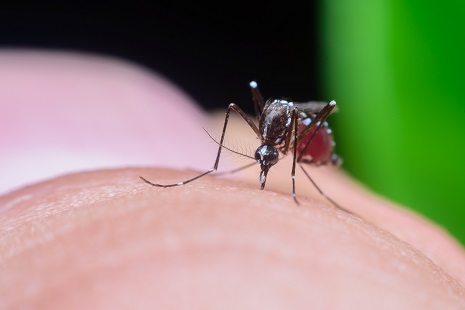
“This year we are celebrating the 120th anniversary of LSHTM's foundation and with that, 120 years of innovation at the School. I sit on the School innovation committee and the knowledge that I’m sharing comes from everything I have learned over the years, which started from my experience in the YES competition – I’m glad to be able to pass that on.”